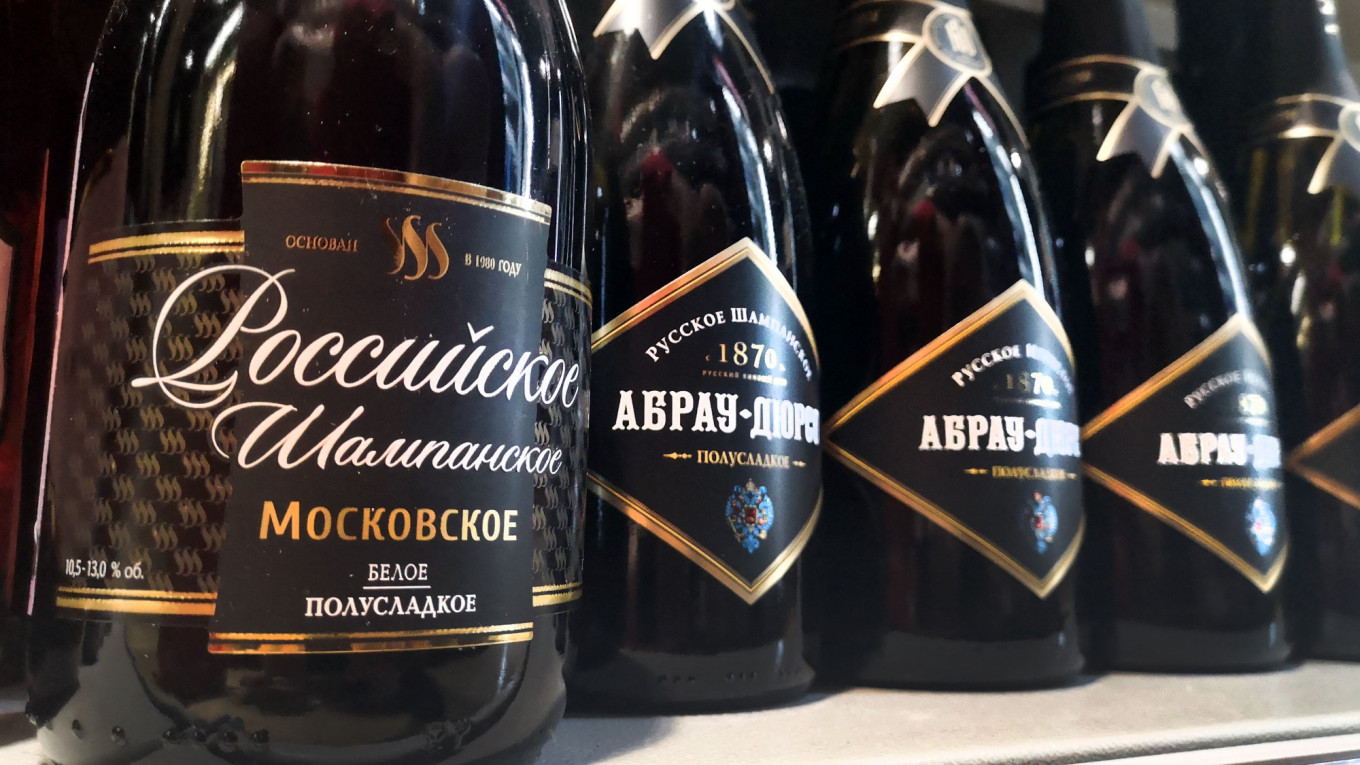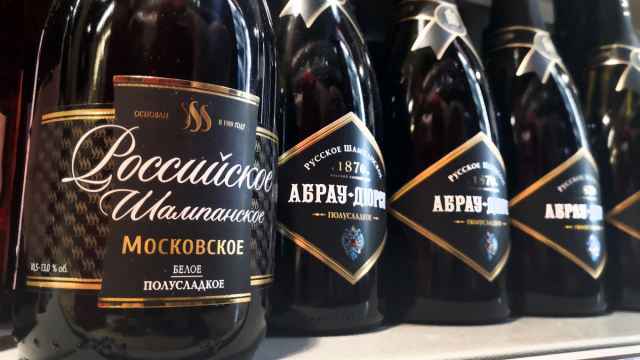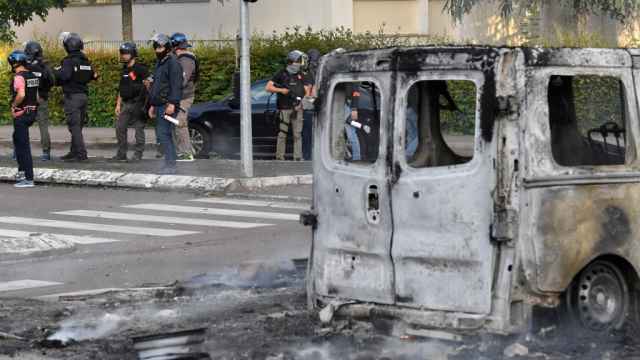Champagne houses in France on Monday issued a plea for diplomatic help over a new Russian law reserving the term "champagne" for Russian-produced sparkling wines, which interrupted supplies from the local market leader Moet Hennessy.
French producers are fiercely jealous of the AOC, or Controlled Appellation of Origin, that is supposed to give them exclusive use of the word in countries that adhere to the Lisbon Agreement on distinctive geographical indications.
But Russia is not a signatory, and on Friday President Vladimir Putin signed a law that will forbid the use of the Russian translation of champagne — "Shampanskoe" — on imported bottles.
French producers can still use the word in French, but will also have to write "sparkling wine" in Cyrillic on the back of bottles—a heresy for brands that say nothing on Earth can match their distinctive bubbly.
"The Champenois call on French and European diplomats to obtain a change of this unacceptable law," the Champagne Committee, which groups grape growers as well as producers in France's northeastern Champagne region, said in a statement.
It denounced a "scandalous" move that "calls into question more than 20 years of bilateral talks between the European Union and Russia on the protection of AOCs."
Moet Hennessy, owned by the luxury conglomerate LVMH, said Sunday that it would comply with the law and would resume exports of its brands, including Dom Perignon, Moet & Chandon and Veuve Clicquot, "as soon as possible."
A Message from The Moscow Times:
Dear readers,
We are facing unprecedented challenges. Russia's Prosecutor General's Office has designated The Moscow Times as an "undesirable" organization, criminalizing our work and putting our staff at risk of prosecution. This follows our earlier unjust labeling as a "foreign agent."
These actions are direct attempts to silence independent journalism in Russia. The authorities claim our work "discredits the decisions of the Russian leadership." We see things differently: we strive to provide accurate, unbiased reporting on Russia.
We, the journalists of The Moscow Times, refuse to be silenced. But to continue our work, we need your help.
Your support, no matter how small, makes a world of difference. If you can, please support us monthly starting from just $2. It's quick to set up, and every contribution makes a significant impact.
By supporting The Moscow Times, you're defending open, independent journalism in the face of repression. Thank you for standing with us.
Remind me later.






